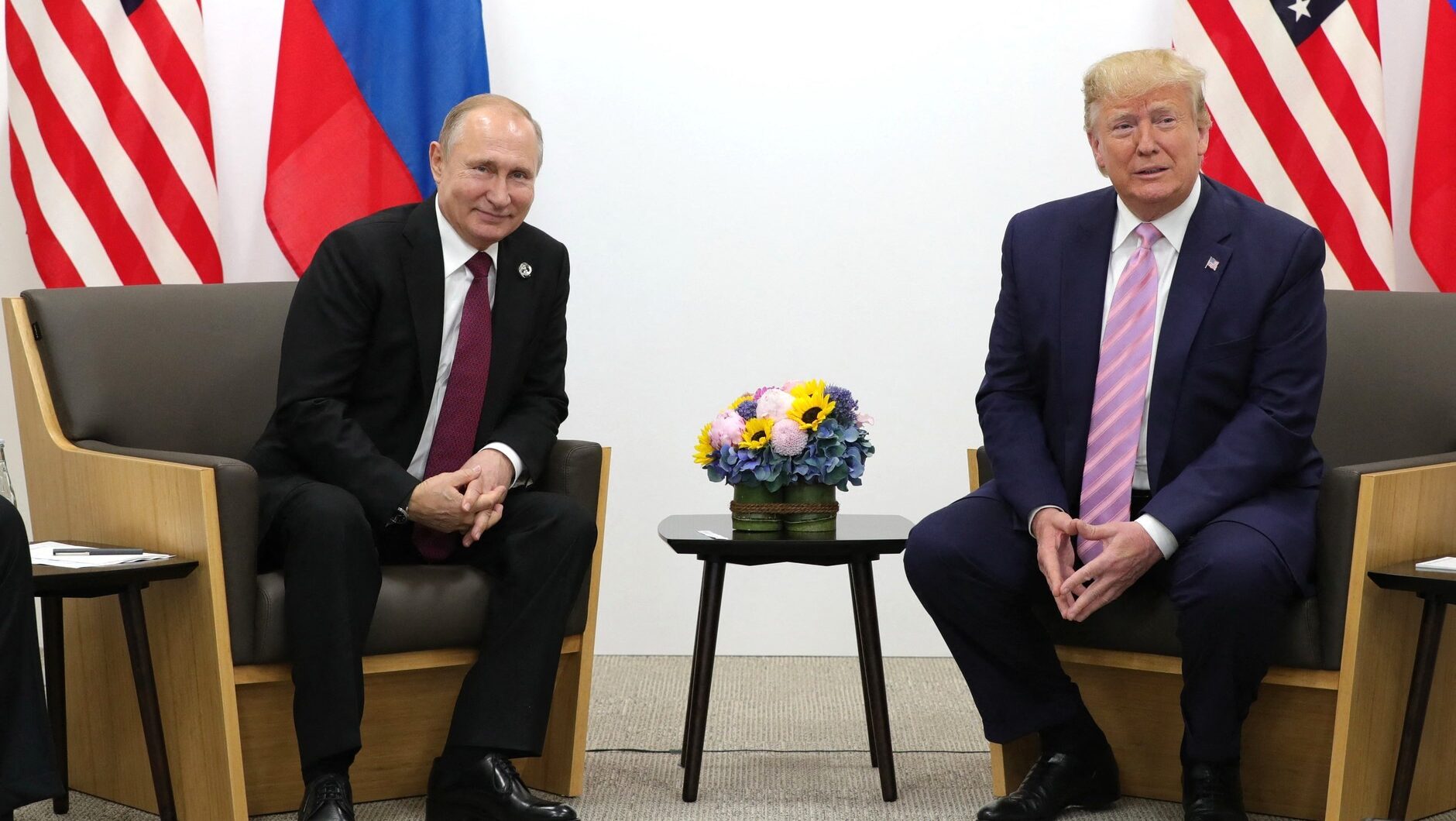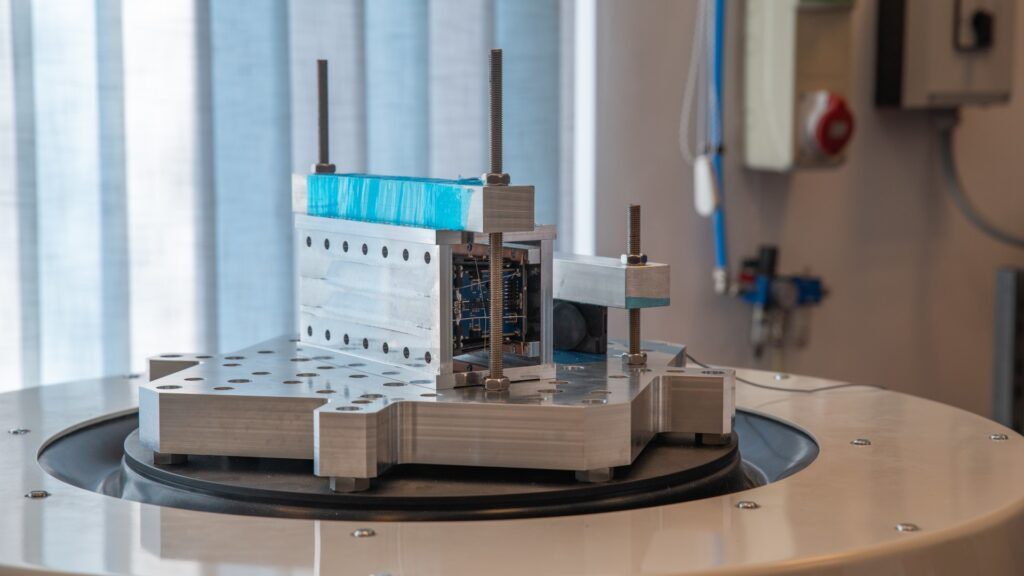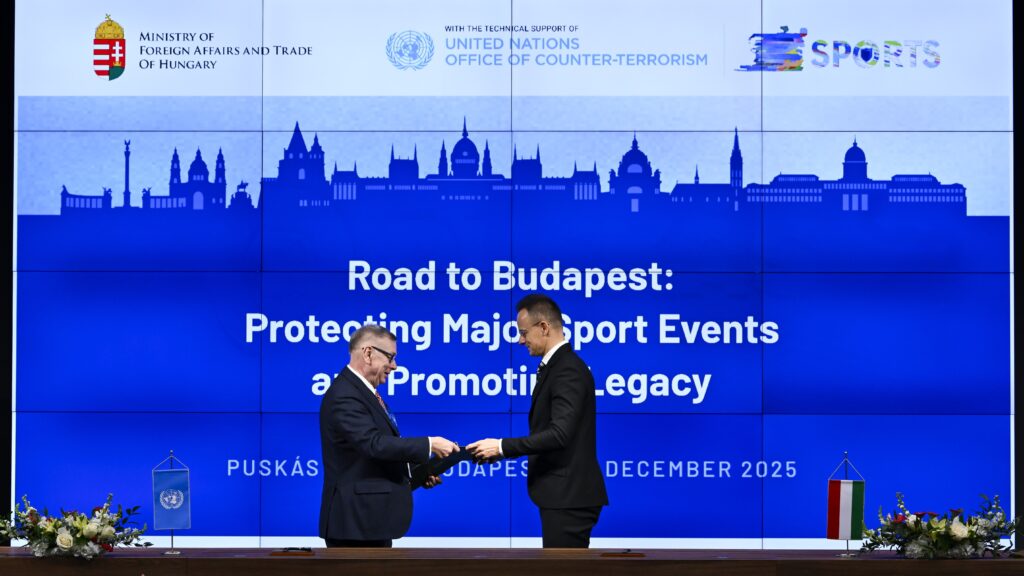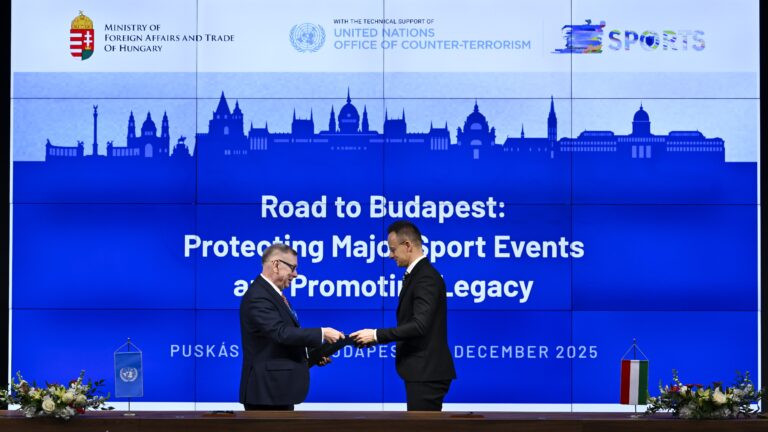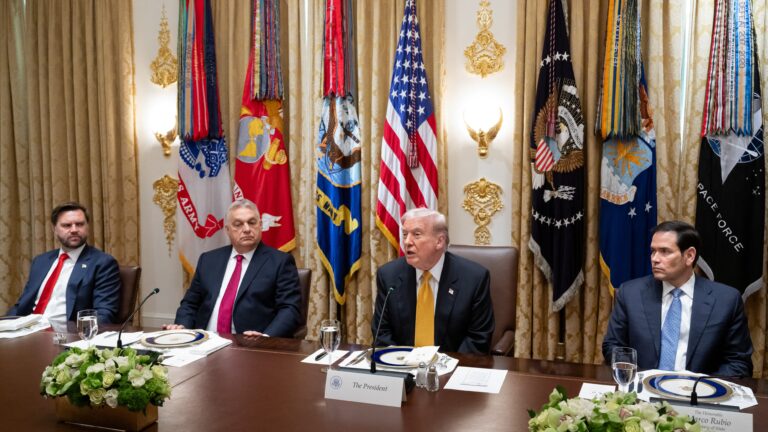It’s finally happening. Late Thursday President-elect Donald Trump announced that he is prepared to meet with Russian President Vladimir Putin and that arrangements for the meeting are underway. ‘He wants to meet, and we’re setting it up,’ Trump stated. On Friday the Kremlin confirmed Trump’s remarks, indicating that Russia is open to a meeting between Trump and Putin.
With Trump’s inauguration on 20 January, it is widely anticipated that the situation surrounding the war in Ukraine will take a dramatic turn. During his campaign Trump repeatedly pledged to end the conflict within 24 hours of returning to the White House.
While resolving the conflict within 24 hours may be too ambitious, the President-elect has assembled a foreign policy team that clearly signals his intent to end the three-year war swiftly. Marco Rubio as Secretary of State, Mike Waltz as National Security Chief, and Keith Kellogg as Special Envoy for the war in Ukraine—a revived position absent since the first Trump administration—are all figures committed to achieving a peaceful resolution to the conflict. Moreover, they have expressed opposition to the continued provision of billions of dollars in military and financial aid to Kyiv.
Just this week, Kellogg stated that he aims to find a resolution to the full-scale war within 100 days of the new president’s inauguration. ‘People need to understand that he [Trump] is not trying to give something to Putin or to the Russians. He’s actually trying to save Ukraine and protect their sovereignty. And he’s going to ensure that the outcome is equitable and fair,’ Kellogg explained. He further highlighted that the Biden administration’s biggest mistake was its refusal to engage in dialogue with Putin after 2022, whereas Trump is determined to do so. Kellogg expressed confidence that Trump will be able to propose a solution acceptable to both Putin and Volodymyr Zelenskyy ‘in the near term’.
Following their election defeat on 5 November 2024, Democrats significantly increased financial and military support for Kyiv. President Joe Biden even authorized Kyiv to use US-provided ATACMS to strike deep into Russian territory—a move widely regarded as escalatory, particularly given Russia’s modification of its nuclear strategy earlier in 2024.
For a long time, Hungary stood as the lone voice in Western political discourse advocating for peace in Ukraine. During its EU Presidency, which concluded in December last year, Hungary prioritized the promotion of peace, with Hungarian Prime Minister Viktor Orbán proposing a Christmas ceasefire in December, which also included plans for a large-scale prisoner exchange. While the Kremlin endorsed the proposal, Volodymyr Zelenskyy immediately dismissed it, stating that Orbán lacked the influence to mediate between Kyiv and Moscow and that Ukraine did not require his mediation in the war.
Ending the war is in the interest of not only Ukraine and Russia but also the entire world. Therefore, it is unsurprising that, outside the pro-war elite in Western Europe and Brussels, few voices now advocate for the continuation of the conflict or for further unreasonable, resource-draining support for Ukraine. With significant political shifts anticipated in major Western European countries—such as the early elections in Germany, the ongoing political crisis in France, not to mention the pro-peace Freedom Party’s (FPÖ) potential rise to power in Austria—all indications suggest that the EU’s pro-war stance may soon change. This shift could prove pivotal for Europe’s return to economic growth and prosperity.
Related articles:

